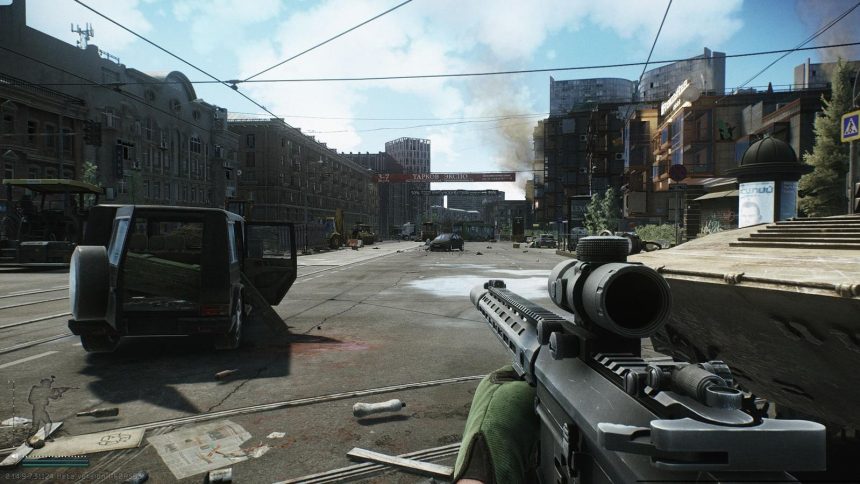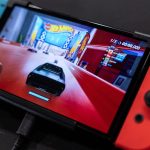The recent Escape From Tarkov wipe introduced a significant experiment: the closure of the Flea Market, the in-game trading hub, for the initial two weeks. This decision aimed to reshape the early-game experience, forcing players to rely more on looting and in-raid bartering rather than immediately accessing high-tier gear through the market. Due to largely positive player feedback and the desire to gather further data, Battlestate Games, the developers, extended the Flea Market closure by an additional five days, pushing its reopening to January 14th. This extension allows the developers to analyze the impact of a delayed Flea Market on player behavior, progression, and the overall game economy. The positive reception hints at the possibility of future wipes incorporating similar delays, potentially becoming a standard feature to enhance the initial gameplay experience.
The temporary closure of the Flea Market has injected a fresh dynamic into the Tarkov experience. Players have been compelled to engage more directly with the core gameplay loop: exploring maps, looting containers, and engaging in PvP and PvE combat. Without the immediate availability of high-tier equipment through the Flea Market, players have been forced to adapt their strategies, utilize lower-tier gear, and prioritize resourcefulness. This shift has fostered a greater sense of accomplishment and progression as players gradually acquire better equipment through their own efforts. The extended closure allows the developers to observe the long-term effects of this change and determine its potential for future wipes.
The decision to extend the closure reflects Battlestate Games’ responsiveness to community feedback. The overwhelmingly positive response from players indicates a general satisfaction with the altered early-game dynamics. The delayed access to the Flea Market has created a more level playing field, reducing the advantage of players who might otherwise quickly acquire powerful gear through trading. This has led to a more balanced and engaging early-game experience for a wider range of players. The developers are utilizing this extended period to gather comprehensive data and player insights, informing future decisions regarding the Flea Market’s role in shaping the wipe cycle.
Beyond the Flea Market closure, Battlestate Games has also addressed a significant gameplay concern stemming from player feedback regarding hitboxes, specifically the neck/throat area. Players reported instances of feeling unfairly eliminated by single shots to the throat, attributed to the vulnerability of this hitbox coupled with the limited protection offered by most armor and helmets. In response, Nikita Buyanov, the game director, announced a change that will merge the throat hitbox with the chest hitbox. This adjustment aims to mitigate the frequency of these perceived “lucky” kills, providing players with more consistent and predictable outcomes in firefights.
The merging of the throat and chest hitboxes is intended to align the game’s damage model more closely with player expectations. By incorporating the throat into the larger, more protected chest hitbox, the likelihood of instant death from a single shot to this area will be reduced. This change should create a fairer and more balanced combat experience, where player survival depends more on strategic positioning, accurate aiming, and appropriate gear selection, rather than susceptibility to isolated vulnerable areas. While the exact implementation details and timeline for this change haven’t been revealed, the swift response from Battlestate Games underscores their commitment to addressing community concerns.
Both the Flea Market closure experiment and the hitbox modification demonstrate Battlestate Games’ active engagement with the player community. These changes, directly influenced by player feedback, highlight the developers’ responsiveness and willingness to adapt the game based on player experiences. This open communication and iterative development approach bode well for the future of Escape From Tarkov, especially as it approaches its anticipated full 1.0 release. These adjustments are not only addressing immediate gameplay concerns but also contributing valuable data and insights that will shape the game’s ongoing development and ensure a more refined and enjoyable experience for players.



